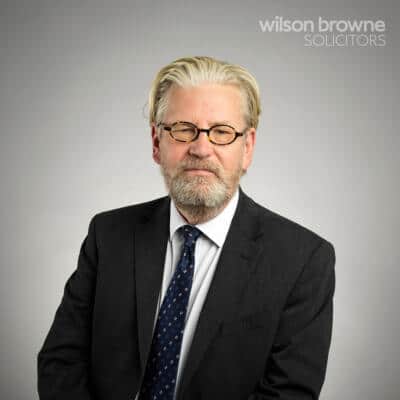An Introduction to B Corporations
Reasons to choose Wilson Browne
What is a B Corporation?
In simple terms, a B Corporation is a company or business that has publicly committed to following sustainable and responsible business practices by obtaining accreditation as a certified B Corporation (B Corp).
A growing body of opinion supports the concept that business has a pivotal role to play in modern society. Accordingly, many UK businesses across a diverse range of industries have made the commitment to obtain B Corp status.
Which businesses can become a B Corp?
Most UK businesses that have been in operation for at least 12 months can apply for B Corp status through the UK not-for-profit certifying body, B Lab UK. There are no specific business size limitations and applications can be made by UK businesses of all shapes and sizes, from sole traders to multinational groups of companies.
What is the certification process?
In summary, the certification process requires a company to successfully complete the following three steps:
1. Carry out the B impact assessment and achieve a total score of 80 points or more. The B impact assessment is a series of questions that consider the effect of a company’s operations with the intention of measuring a company’s positive impact on its employees, local community, suppliers, customers, and the environment.
The B impact assessment process is an iterative one with the intention of providing an evolving plan for a company to improve its policies and procedures which when implemented (perhaps in stages over time) will allow a company to achieve the required score. Once this happens, the company can submit data and documentation to B Lab UK for review and verification.
2. Incorporate the mandatory B Lab UK legal statements into its constitutional documents. These statements are wording specified by B Lab UK to be incorporated into a company’s articles of association.
This wording essentially amends the duty of directors set out in section 172 of the Companies Act 2006 by obliging them to consider stakeholder interests with the same degree of priority as those of shareholders when making decisions. The effect of this is to essentially restate the meaning of “success” in the context of section 172 to include stakeholder factors.
3. Sign the B Corp agreement and the associated declaration of interdependence. These documents include a commitment given by the business to aspire to do no harm and to benefit society through their products and practices.
The B Corp agreement is a contract entered into with B Lab UK as part of the certification process which sets out the legal terms on which B Lab UK will certify the company as a B Corp. The associated declaration of interdependence is a statement signed by all companies as part of the final certification step.
Once a company has achieved B Corp status, it must produce an impact report in each subsequent 12-month period.
Why become a B Corp?
The are many potential reasons why a company may seek B Corp status including the following:
- Making a public statement of positive community and environmental impact through formally certified business practices and processes.
- Enabling positive employee engagement as stakeholders, with associated talent retention.
- Providing an effective marketing and promotional tool by improving brand awareness and stakeholder trust and confidence.
- Providing a relatively simple mechanism for articulating the company’s mission both internally and externally with the added credibility of formal legal protection for the company’s values and mission.
The Corporate and Commercial team at Wilson Browne Solicitors is ideally placed to advise on all legal aspects of the B Corp certification process.

